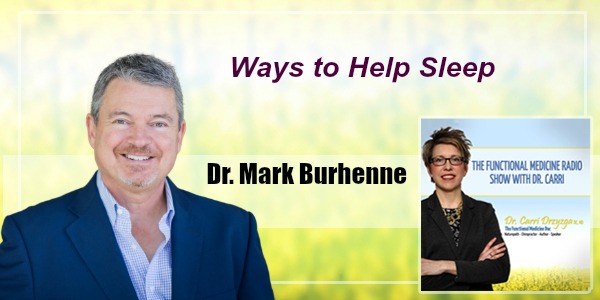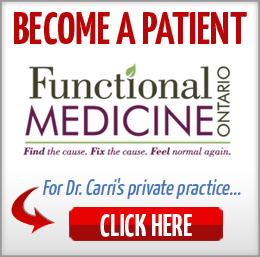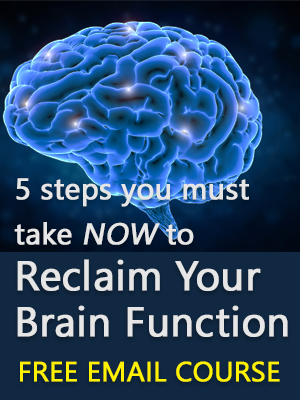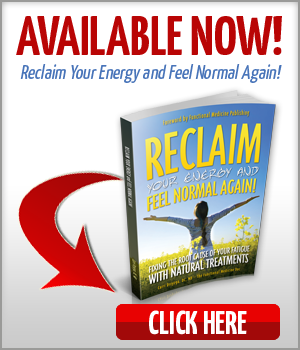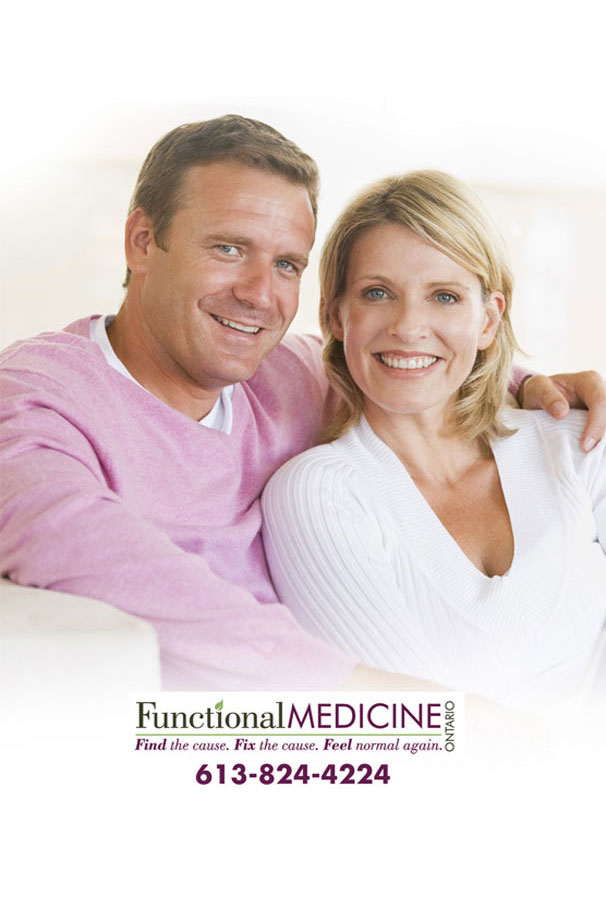Podcast: Play in new window | Download
Subscribe: Apple Podcasts | Android | RSS
In this episode of The Functional Medicine Radio Show, Dr. Carri’s special guest Dr. Mark Burhenne talks about ways to help sleep and how we are sleeping our way to fatigue, disease and unhappiness.
Dr. Burhenne is a bestselling author and a family and sleep medicine dentist who has been in private practice for nearly 30 years, focusing on patient-centered and preventative dental health care with patients who come to him from all over the world. He is a member of the American Academy of Dental Sleep Medicine.
The day his wife was diagnosed with sleep apnea was the day he began learning everything he could about sleep breathing conditions. He is a TEDx speaker. He is the creator of AsktheDentist.com, dedicated to exploring the mouth-body connection for better overall health. His latest book is “The 8-Hour Sleep Paradox: How We Are Sleeping Our Way to Fatigue, Disease and Unhappiness”.
Main Questions Asked:
- How can our teeth affect our sleep?
- What are the known side effects of sleep apnea?
- What questions should you ask your dentist or physician if you suspect you have a sleep disorder?
- What are some treatments for sleep disorders?
- Is there a way to know if you would be a good candidate for a CPAP or oral appliance?
- Can any dentist make an oral appliance or do we have to find a specialist?
Key Points Made by Dr. Burhenne:
- Dentists are capable of seeing signs of sleep apnea that other physicians may miss and can advise on ways to help sleep.
- The tongue and teeth can show different signs that you have a sleep disorder.
- Many of the common conceptions about sleeping like snoring and napping are wrong.
- Sleep hygiene is important to sleeping better but addressing the core reasons why you are tired is more important.
- Snoring is never normal and indicative of a small airway.
- The CDC considers sleep disorders an epidemic in the United States.
- 30% of people in North America have sleep apnea or another sleep breathing disorder.
- Sleep apnea can lead to high blood pressure, diabetes, fatigue, and breast cancer in women. Within three days sleep disorder breathing can damage the memory centers of your brain. It can also cause mood disorders, depression, anxiety, Alzheimer’s disease, and cognitive decline among other issues.
- Your sleep ability is the foundation to your overall health.
- Some questions you should ask your dentist:
- Do you grind your teeth at night?
- Do you have scalloping or fissuring of the tongue?
- Do you have sleep apnea?
- Women going through menopause may find themselves snoring suddenly because of a decline in progesterone and estrogen. The decline in those hormones can cause a shrinkage of the airway.
- A sleep partner can help you identify if you have a sleep disorder.
- An app called Sleep Analyzer can turn your smartphone into a listening device that can also help you identify if you have a sleep disorder.
- A CPAP can help snoring issues by creating a positive air pressure and keeping your airway open.
- A sleep study can help you identify how many sleep interruptions you experience per hour.
- Dentists recommend an oral appliance that prevents your jaw from falling back, which is one of the ways to help sleep.
- The difference between 0 sleep interruptions per hour and 10 – 30 is huge.
- Anyone with mild or moderate sleep apnea are good candidates for the oral appliance. A CPAP is best for more serious cases of sleep disorder. Being assessed by a skilled team of health professionals is the most important part of understanding your best sleep strategy and one of the ways to help sleep.
- A CPAP can help patients in the hospital heal faster by improving their sleep quality, you should push your doctor to get a CPAP machine if you or someone you know is in the hospital.
- Go to American Academy of Dental Sleep Medicine to find a dentist in your area that is trained to create an oral appliance for the best results.
- Getting a sleep study before and after getting an oral appliance is part of the process, make sure you do both to know if your treatment is effective.
- It’s important to do a sleep study on children as well, many children go undiagnosed.
Resources Mentioned:
Book – The 8-Hour Sleep Paradox: How We Are Sleeping Our Way to Fatigue, Disease and Unhappiness
American Academy of Dental Sleep Medicine
Book – Reclaim Your Energy and Feel Normal Again
Thank you for listening! If you enjoyed this podcast, please subscribe and leave a 5 star rating and review on iTunes!
